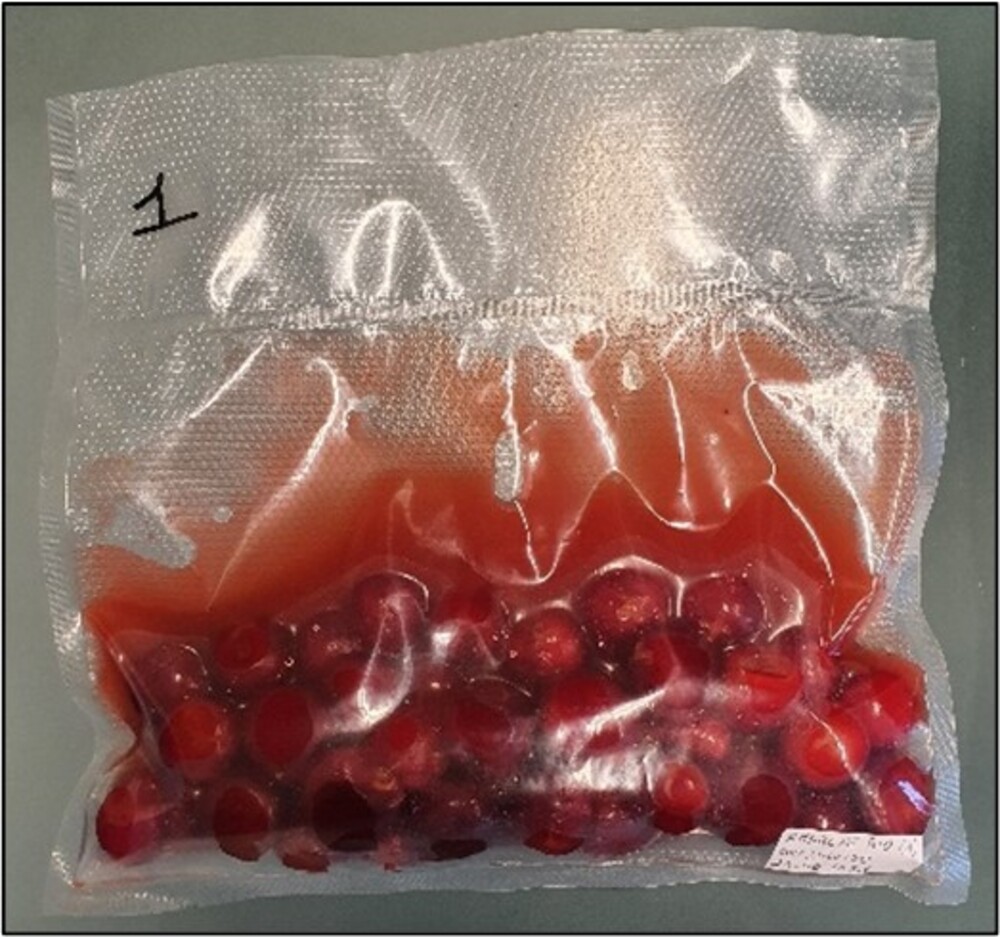At the beginning of 2020, two biologists from the Inspection and Treatment Methods Laboratory (TIML) of the United States Department of Agriculture's Plant Protection and Quarantine (PPQ) program began investigating vacuum steam as an alternative to methyl bromide treatment for fresh fruit.
Encouraged by initial results, the duo continued to troubleshoot and innovate. Today, PPQ is bridging the gap in the potential of steam as an environmentally friendly phytosanitary solution to eliminate potential infestations.
"We are primarily focused on heat tests with steam," said TIML biologist Xikui Wei. "Vacuum steam is effective and may be useful for certain durable products, such as lumber, tiles, or cereals, but we have determined that it may not be a practical treatment for large volumes of fresh produce."
"So far, our tests show that steam alone can be an effective treatment, especially for internal infestations like fruit flies in citrus, mangoes, guavas, apples, and cherries." It has been a very intense year for Wei and laboratory technician Luis Bradshaw. They traveled across the country conducting field tests with steam heat in quarantine areas on three species of fruit flies and one worm.
In February, they partnered with the staff of the PPQ Molecular Diagnostics and Insect Management Laboratory in South Texas to evaluate steam heat in citrus varieties and determine lethal temperatures for the Mexican fruit fly. The following month, they collaborated with scientists from the USDA Agricultural Research Service in Florida to evaluate grapefruit quality (post-treatment), including visual appearance, taste, odor, and marketability.
In July, Wei and Bradshaw spent a week in Niagara County, New York, conducting tests on the European cherry fruit fly. They also traveled to Washington state three times during fruit harvesting seasons to assess the treatment's effects on fruit quality and the western cherry fruit fly and apple worm.
Taking into account what they have learned, Wei is optimistic that steam heat could eventually become an acceptable treatment for certain fresh products and could be expanded for commercial use. However, he admits that there are still further research and challenges to overcome.
His ultimate goal is to establish generic steam heat treatment programs that preserve the integrity of a product (such as apples, cherries, mangoes, oranges, grapefruits, etc.) and completely eliminate target infestations.
"Next year, we plan to make available a medium-sized steam heat treatment chamber to demonstrate to the industry the feasibility and scalability of the treatment," Wei explained. "Work is underway to modernize a 20-foot shipping container to create a large enough chamber to accommodate three or four typical fruit containers for treatment."
"Our prototype will include an automated steam injection and circulation system to ensure that steam is distributed evenly throughout the chamber and reaches every piece of fruit. This is a significant step and takes our research to the next level."
Source: DiarioFrutícola.cl
Image: DiarioFrutícola.cl
Cherry Times - All rights reserved










